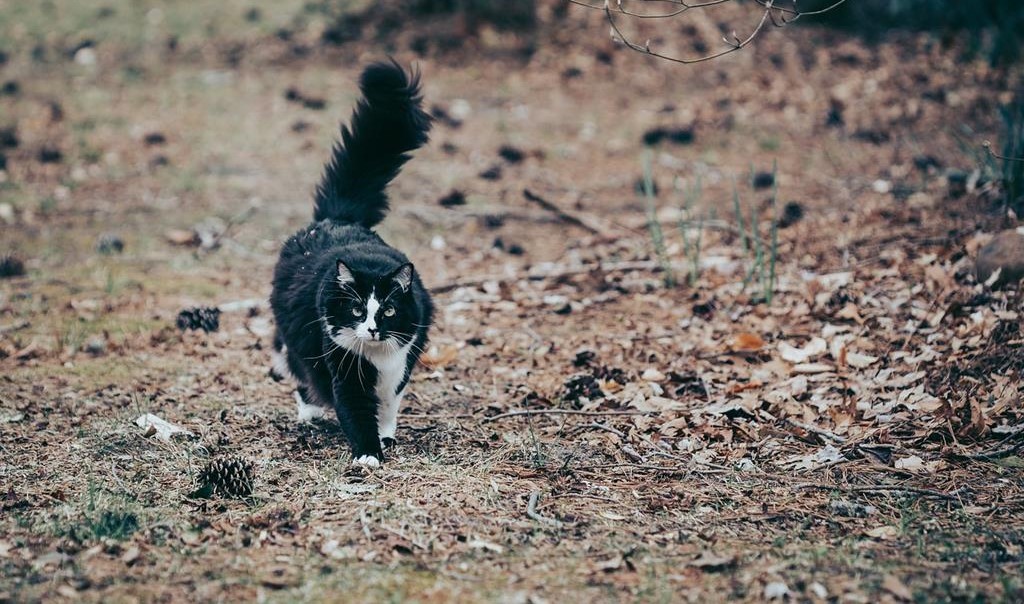Cats have a reputation for being discerning eaters, primarily favoring diets rich in animal-based proteins. However, pet owners often wonder if it’s safe and beneficial to introduce other foods, such as vegetables, into their feline friends’ diets. A common question that arises is whether cats can eat sweet potatoes. In this article, we will explore the suitability of sweet potatoes for cats, potential benefits, and any associated risks.
Understanding Cat Nutrition
Before delving into the specifics of cats and sweet potatoes, it’s essential to understand the typical dietary needs of these enigmatic felines. Cats are obligate carnivores, meaning their bodies have evolved to thrive on a diet primarily composed of animal-based proteins. Their digestive systems are optimized for extracting nutrients from meat, and their nutritional requirements include essential amino acids, vitamins, and minerals such as taurine, vitamin A, and arachidonic acid.
Key components of a cat’s diet include high-quality proteins, essential amino acids, fatty acids, vitamins, and minerals. These nutrients are critical for maintaining a cat’s overall health, including their coat, skin, and organ function.
Can Cats Eat Sweet Potatoes?
Sweet potatoes are a nutritious vegetable for humans and are generally not considered toxic to cats. However, several important considerations exist regarding cats and sweet potatoes:
- Low Nutritional Value: Sweet potatoes are nutritious for humans but provide limited nutritional value for cats. They contain carbohydrates, fiber, some vitamins (like vitamin A), and minerals but lack the essential nutrients that cats require from their diet, primarily derived from animal sources.
- Digestibility: Cats may have difficulty digesting plant matter, including sweet potatoes, due to their unique digestive systems optimized for processing animal-based proteins. Introduce sweet potatoes to your cat’s diet gradually and in moderation, and monitor for any signs of digestive upset.
- Carbohydrate Content: Sweet potatoes are relatively high in carbohydrates, which are not a natural component of a cat’s diet. Feeding cats too many carbohydrates can lead to weight gain and potential health issues like diabetes.
- Allergies and Sensitivities: Cats can develop allergies or sensitivities to various foods, including vegetables like sweet potatoes. If you notice any adverse reactions, such as digestive issues or allergic symptoms, discontinue offering sweet potatoes.
- Cooking and Preparation: If you decide to offer sweet potatoes to your cat, they should be cooked thoroughly and chopped into very small, manageable pieces to minimize choking hazards.
How to Offer Sweet Potatoes to Your Cat
If you decide to include sweet potatoes in your cat’s diet, follow these guidelines to ensure their safety:
- Small Portions: Offer a very small, finely chopped piece of well-cooked sweet potato as an occasional treat. This should not replace your cat’s primary diet of meat-based protein.
- Supervise Consumption: Observe your cat while they eat sweet potatoes to ensure they chew them thoroughly and do not swallow large, potentially choking pieces.
- Frequency: Sweet potatoes should be an infrequent treat and should not make up a significant portion of your cat’s diet.

Is sweet potato good for cats with diarrhea?
Sweet potatoes may be beneficial for cats with diarrhea in some cases, but it’s important to use them with caution and consult with your veterinarian before making dietary changes for your cat. Here are some considerations:
- Digestive Health: Sweet potatoes are a source of dietary fiber, which can help firm up loose stools in cats with mild or temporary digestive issues. The fiber can absorb excess water in the intestines and promote regular bowel movements.
- Nutritional Value: Sweet potatoes also contain vitamins and minerals like vitamin A and potassium, which can be beneficial for your cat’s overall health. However, sweet potatoes should not replace a balanced, meat-based diet, as cats are obligate carnivores and require essential nutrients primarily found in animal proteins.
- Preparation: If you decide to offer sweet potatoes to your cat to help with diarrhea, they should be cooked thoroughly and mashed or pureed to ensure they are easily digestible. Avoid adding any seasonings, butter, or spices, as these can be harmful to cats.
- Moderation: Sweet potatoes should be used in moderation as a temporary dietary addition to address diarrhea. Offering too much can lead to an imbalanced diet or even exacerbate the digestive issue.
- Consult with a Veterinarian: It’s crucial to consult with your veterinarian before making any dietary changes for a cat with diarrhea. Diarrhea can have various underlying causes, including infections, dietary intolerances, or more serious health conditions. Your vet can provide a proper diagnosis and recommend an appropriate treatment plan.
Your veterinarian may suggest other dietary changes, medications, or treatments to address the underlying cause of the diarrhea. It’s essential to follow their guidance to ensure your cat’s health and well-being.
In summary, sweet potatoes may help cats with diarrhea when used in moderation and under veterinary guidance. However, they should not replace a balanced, meat-based diet, and any dietary changes should be made in consultation with a veterinarian to address the specific cause of the diarrhea and ensure your cat’s nutritional needs are met.

(FAQs) about whether cats can eat sweet potatoes:
-
Can Cats Eat Sweet Potatoes?
- Yes, cats can eat sweet potatoes in moderation. Sweet potatoes are considered safe for cats and can provide some nutritional benefits.
-
What Nutrients Do Sweet Potatoes Provide for Cats?
- Sweet potatoes are a good source of vitamins like vitamin A, which is essential for a cat’s vision and immune system. They also contain fiber and antioxidants, which can support digestive health and overall well-being.
-
How Should I Prepare Sweet Potatoes for My Cat?
- When feeding sweet potatoes to your cat, it’s important to cook them thoroughly. Boiling or baking sweet potatoes without any seasonings or additives is the best way to prepare them for your cat.
-
Can Cats Have Sweet Potato Skin?
- It’s generally recommended to remove the skin of sweet potatoes before feeding them to your cat. The skin can be tough and may be difficult for your cat to digest.
-
How Much Sweet Potato Can I Give My Cat?
- Sweet potatoes should only be given to cats as an occasional treat and not as a primary food source. Start with a small amount, like a teaspoon, and monitor your cat for any adverse reactions. Consult your veterinarian for guidance on the appropriate serving size for your specific cat.
-
Are There Any Risks Associated with Feeding Sweet Potatoes to Cats?
- Sweet potatoes are safe for most cats when served in moderation. However, feeding them in excess can lead to digestive upset or diarrhea. Additionally, if you add any seasonings, butter, or spices, these can be harmful to cats and should be avoided.
-
Should I Consult My Veterinarian Before Feeding Sweet Potatoes to My Cat?
- It’s a good idea to consult your veterinarian before introducing any new food into your cat’s diet, including sweet potatoes. Your vet can provide personalized advice based on your cat’s specific dietary needs and any underlying health conditions.
Always prioritize your cat’s overall diet, which should primarily consist of high-quality cat food formulated to meet their nutritional requirements. Treats like sweet potatoes should be offered sparingly and should never replace your cat’s regular meals.
Conclusion
In conclusion, cats can eat sweet potatoes in small quantities as an occasional treat, provided they are well-cooked and finely chopped. While sweet potatoes are not typically toxic to cats, they should not replace their primary diet of meat-based proteins. Always prioritize a balanced diet that meets your cat’s nutritional needs, and consult with your veterinarian if you have concerns or questions about introducing new foods into your pet’s diet. When offered in moderation, sweet potatoes can be a safe and occasional addition to your cat’s treat options.



